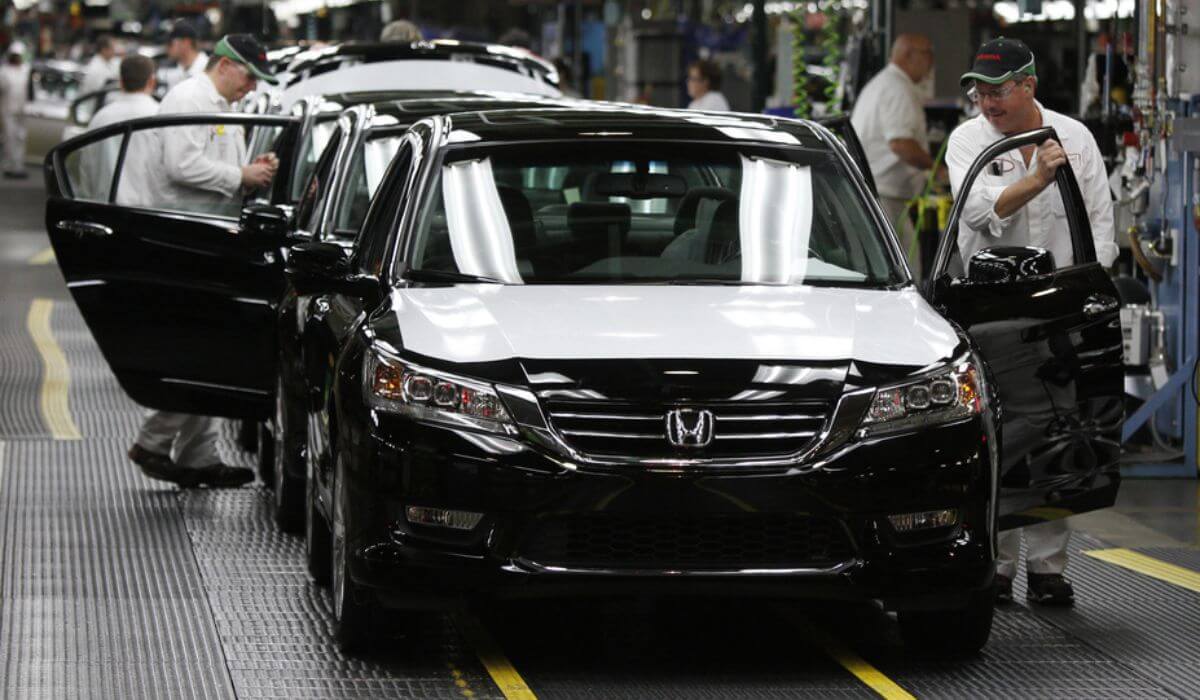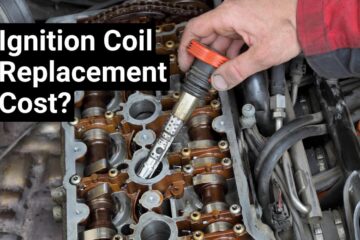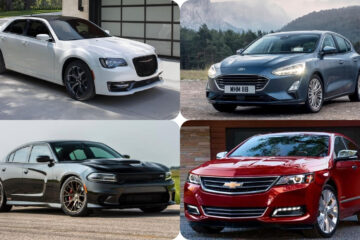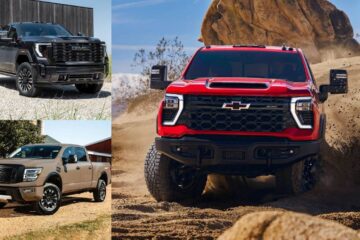The Honda Accord has developed a rock-solid reputation throughout the years as one of the most reliable midsize sedans on the road. The Accord’s smooth ride, excellent fuel efficiency, and long-standing reputation for reliability are unparalleled. But here’s the thing—not every Accord model year is one you should be spending your hard-earned cash on.
There are some years with expensive problems -tranny problems, or extreme oil consumption, or impossibly unreliable electronics. If you’re shopping for a used Accord, it’s best to avoid models from a few model years ago, as this can save you a lot of potential headache and heartache.
Whether you’re a first-time buyer, a daily commuter, or just looking for a good family car, the most important thing is not to screw it up by choosing a bad year. In this guide, we detail the years you should avoid, supported by real-world evidence, NHTSA complaints, and analysis by industry experts.
Must Check: Nissan Rogue Years to Avoid (And the Safer Bets to Buy Instead)
Quick Highlights:
- Skip the 2001–2003, 2008–2010, and 2013 configurations due to transmission and electrical problems with the Honda Accord.
- Best vintage 2006, 2011, 2015–2017, 2020–2022 for reliability and performance
- Main issues: Transmission failures, oil consumption, electrical problems, and infotainment snafus
- Inspect maintenance records when purchasing a used vehicle.
- Get to know the best used sedans for under $15K
1. Why Some Honda Accord Years Should Be Avoided
Despite being a popular vehicle, some model years of the Accord did have significant design flaws and production issues. These problems contributed to high repair costs and lower satisfaction ratings among owners. From transmission troubles to electrical gremlins, avoiding the wrong model year could spare you from immense headaches.
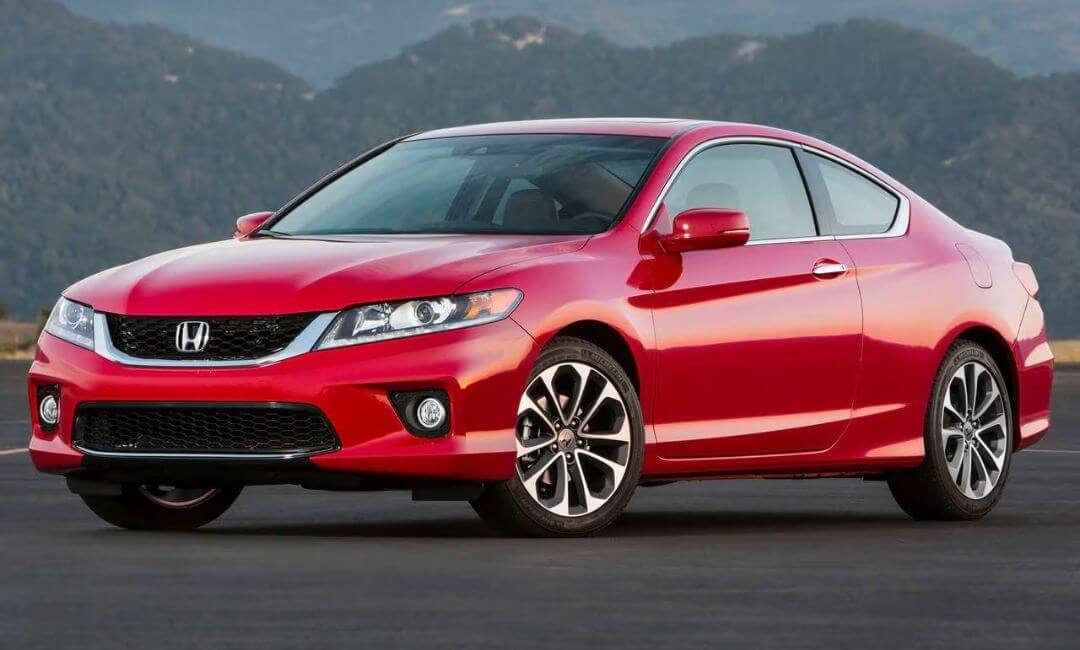
2001–2003 Honda Accord (6th Gen)
If you’re on the prowl for a good used sedan, give a pass to the 2001 to 2003 Honda Accord — particularly the versions carrying the V6 engine and automatic transmission. These are the years infamous for bad transmissions, harsh shifting, slipping gears, and outright failure. Some owners have experienced issues as early as 60,000 or 90,000 miles, and the repair can cost more than $3,000.
Honda admitted the problem was so severe that they extended the warranty for transmission on affected vehicles. Although the legacy of the Accord is remarkable, these model years didn’t falter when it comes to reliability and long-term value. If you don’t want to spend too much or go crazy, it’s probably a good idea to avoid this generation.
2013 Honda Accord (9th Gen)
While the 9th-generation 2013 Honda Accord was released with new looks and improved gas mileage, it was not without its issues. The infotainment and electrical systems were the grumbling source — plenty of folks reporting screen freezes, Bluetooth nightmares, and wacky backup cameras. Problems I had with this car included frequent early starter motor failures.
Brake wear was an issue for some owners, with pads and rotors needing replacement as early as 15k miles. The 2013 model introduced improved driving dynamics and fuel economy, but early component failures hurt long-term reliability. If you want peace of mind with your purchase, this is a year to avoid when considering a used Honda Accord.
2018 Honda Accord (10th Gen)
The 2018 Honda Accord debuted the 10th-generation model with dramatic new styling and two turbocharged engines, but its early adopters dealt with a parade of troubleshooting problems. The most severe issue was with the 1.5L turbocharged engine that had issues with oil dilution (especially in cold weather) – gasoline getting in the engine oil at an alarming rate, leading to premature wear of the engine components.
There were also claims of a sluggish feel when accelerating, poor performance in cold weather, and software bugs that buggered the infotainment system. Transmission gripes were prevalent as well, particularly with the CVT, both in terms of jerky shifting and shuddering. Although Honda corrected some of these issues through service bulletins and other updates, the 2018 Accord remains a risky proposition for used car buyers seeking a little peace of mind. Try the older, later models for better reliability.
2008–2010 Honda Accord (8th Gen)
The 8th-gen Accord appears up-to-date, but the fussy interior and mechanical issues that plague 2008–2010 models make them a pass. Over the years, oil consumption has been relatively high, especially for 4-cylinder engines. Many owners complained they were burning a quart of oil for every 1,000 miles, often without the benefit of warning lights.
Honda was sued, and later issued service bulletins, but not for every vehicle. To make matters worse, drivers had premature brake wear, so they were already needing to replace the pads and rotors around 15,000 miles. The cabin was also panned for being too noisy, leaving those making longer drives fatigued. Some of those problems were addressed in later production years, but having one can be expensive in the long haul.
Read More:
- Toyota FJ Cruiser Years to Avoid, and Why They’re a Pain
- Chevy Traverse Years to Avoid (And the Safer Alternatives to Choose)
- Nissan X-Trail Years to Avoid: The Nightmare Years No Dealer Talks About
Best Honda Accord Years to Buy (If You Love Your Money and Sanity)
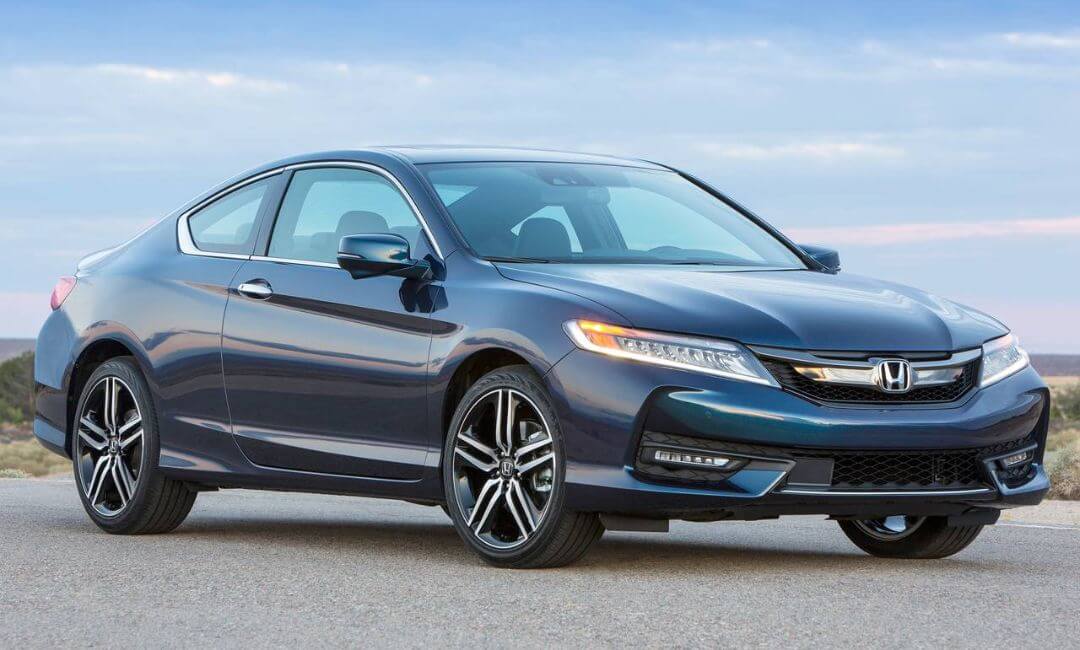
While some versions of the Honda Accord have suffered from expensive problems, most years have been strong for this venerable nameplate, thanks to its substantial value in the used-car market, reliability, and comfort. If you are in the market for a reliable pre-owned Accord, then these model years are almost always praised by both experts and owners.
2013 Honda Accord
As a result, the 9th-gen Accord rebounded in 2013 with improved reliability, a more polished interior, and enhanced fuel efficiency. It also ushered in Honda’s Earth Dreams engines and CVT transmission, which by now have proven reliable.
2016 Honda Accord
The 2016 model received a midcycle update that brought updated styling, Apple CarPlay/Android Auto, and a softer ride. It is also at or near the top of our ratings in safety and owner satisfaction.
2018–2021 Honda Accord
Aside from a complete redesign, these years introduced best-in-class features, including turbocharged engines, a spacious interior, and high-tech driver-assistance systems. Meanwhile, the structures were of better quality and had weaker years behind.
Key Highlights: Best Honda Accord Years
- 2013: Good balance of reliability and new tech
- 2016: Tech improvements, good resale value
- 2018–2021: Turbo engines, good safety scores, contemporary cabin
- Strong J.D. Power & Consumer Reports reliability scores
- Fewer complaints, lower ownership costs
Final Thoughts: Save Your Sanity and Your Wallet
We usually hear good things about the Honda Accord as a top example in the midsize sedan segment—but not every model year lives up to those expectations. By sidestepping the troubled years of 2001–2003, as well as 2008–2010 and 2013 for the CVT models, you can save yourself from the headache of frustrating repairs and also from some expensive transmission repairs. Conversely, years like 2013 (non-CVT), 2016, and 2018–2021 offer strong reliability, contemporary features, and lasting value.
Whether you’re on the hunt for a rock-solid daily driver or in the market for the perfect car for your teen’s first set of wheels, a bit of research on model years can save you thousands in the long haul. Just stick to the good years, avoid the bad ones and have the reliability that makes the Honda Accord a Honda Accord.
Sources: CarComplaints.com (for reliability data), NHTSA.gov (for recall info), Consumer Reports (for expert ratings), and Reddit/Drive Accord (for owner feedback).

